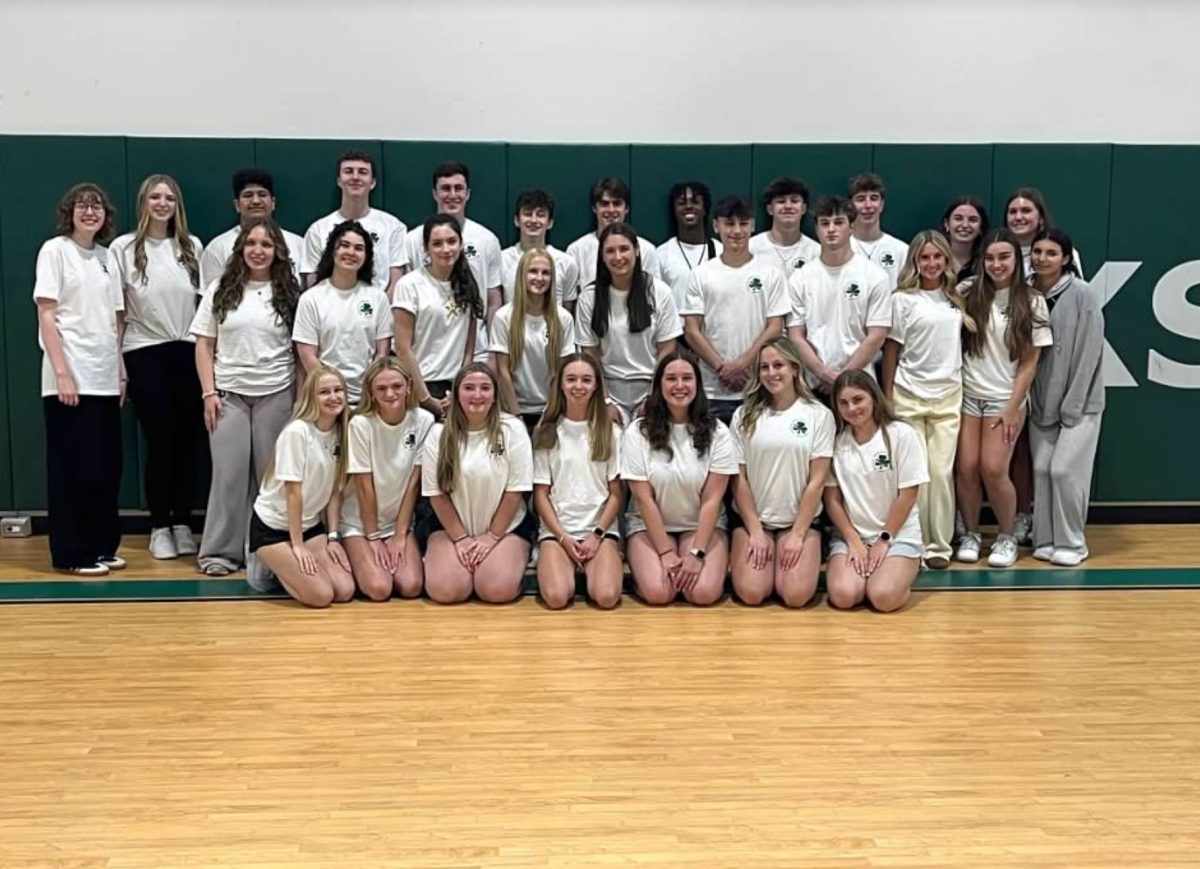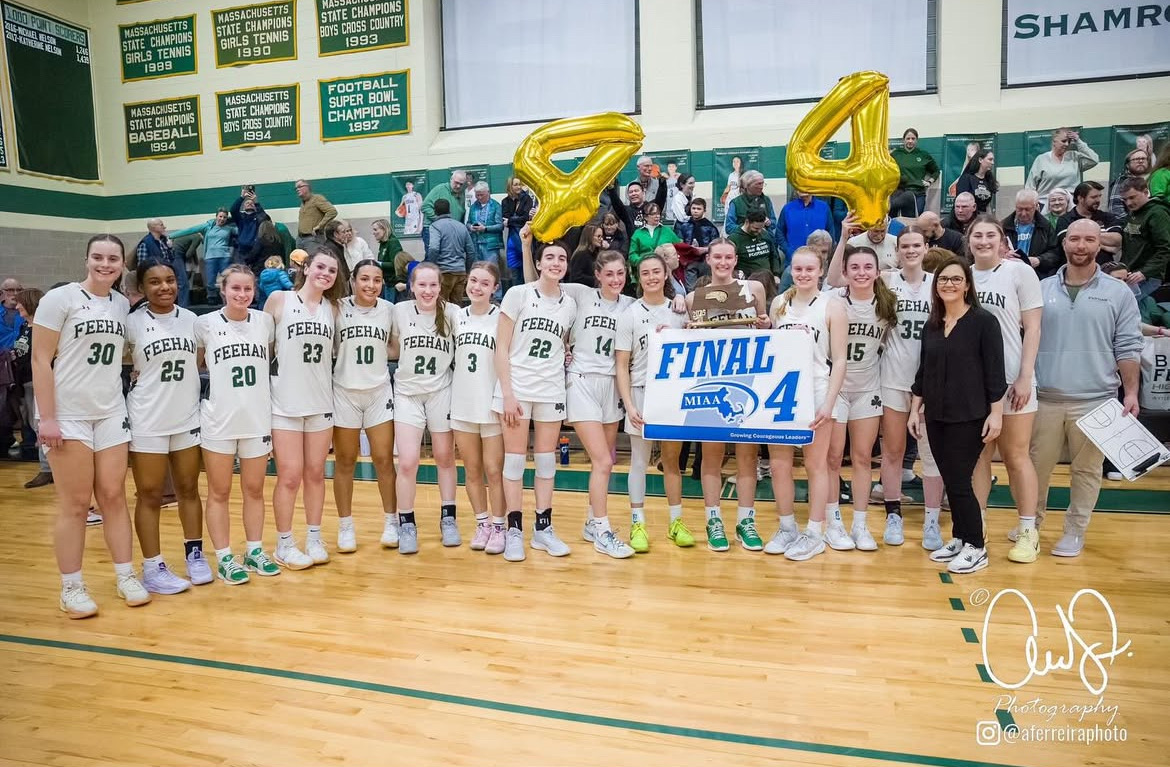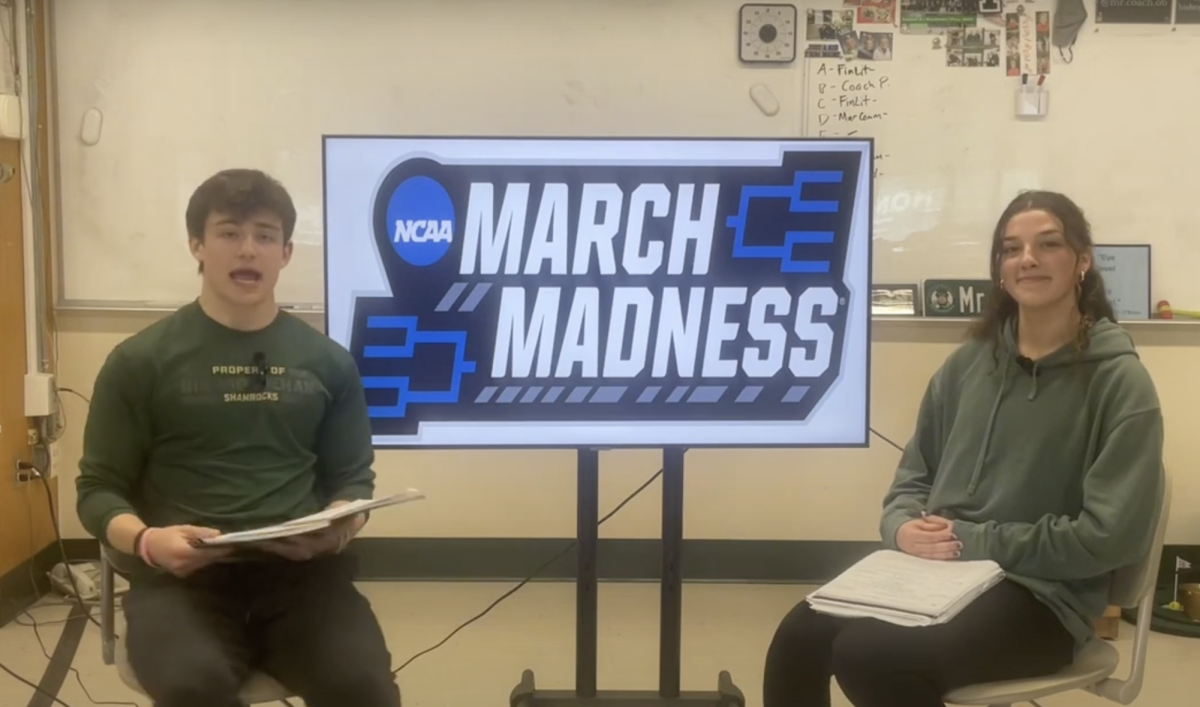When I last wrote about this year’s election in March, I thought that we would have another standard Biden-Trump election.
Well, I was quite wrong, to say the least.
Although it’s difficult to top the events of the 2020 election, this one might actually do so. The trials for New York v. Donald Trump (felonies) and Trump v. United States (January 6) began in April. While Trump was found guilty on all 34 counts in the New York case in May, on July 1, the conservative-dominated Supreme Court ruled that Trump had absolute immunity for core constitutional presidential acts, presumptive (but not full) immunity for official acts, and no immunity for unofficial acts, redirecting his case to a lower court and sparking new debates as to how immune presidents are from their actions.
Before the presidential immunity decision came out, President Biden, 81, and former President Trump, 78, debated each other on CNN on July 27 in Atlanta. Biden’s debate performance ignited previous concerns about his age and viability as a candidate. While many Democratic Congressmen called for Biden to drop out, Trump hosted a rally in Butler, Pennsylvania on July 13.
There, he was shot in the ear in an assassination attempt and survived, but a rally attendee was killed. This marked the first time a presidential candidate was shot since George Wallace in 1972, and the first time a president or ex-president was shot since Ronald Reagan in 1981, a previous Secret Service failure. Nevertheless, Trump attended the Republican National Convention in Milwaukee, which began 2 days later, where he announced Ohio senator and Hillbilly Elegy author JD Vance (who turned 40 in August) as his vice presidential running mate.
Meanwhile, pressure was mounting from Democrats for President Biden to withdraw from the race. While he was initially resistant, he eventually did so on July 21, 3 days after the end of the RNC. In a rare occurrence, Biden became the first sitting president to drop out of an election since Lyndon B. Johnson in 1968. This also confirmed Trump as the oldest official presidential nominee (albeit by only a few months). On the same day, Vice President Kamala Harris, 59, announced her candidacy for president. While Biden had faced only nominal competition for the nomination, Harris faced none, and she was quickly confirmed as the presumptive nominee on the next day. She was made the official nominee on August 5, and she selected Minnesota governor and former Congressman Tim Walz, 60, as her running mate.
The Democratic National Convention was held from August 19-22 in Chicago. Harris is the second female nominee (after Hillary Clinton in 2016) for president, as well as the first woman of color and first Asian-American. The day after the DNC ended, independent candidate Robert F. Kennedy Jr., 70, announced that he was dropping out of the presidential race and endorsing Trump, who had previously said he would be open to Kennedy joining his administration.
Trump and Harris debated each other on ABC in Philadelphia on September 10. Harris was considered to have outperformed Trump in the debate, and she wanted another one. Harris would agree to a second debate on CNN, but Trump declined. The vice presidential debate between Walz and Vance will take place on October 1.
On September 15, there was a shooting at Trump’s Florida golf club while he was there, but the Secret Service stopped the incident. The FBI is investigating the incident as another assassination attempt — the fact that there were two in one year is shocking. On September 22, Trump said that he would not run for president in 2028 if he lost this year.
Now that I have the new recap out of the way: when Biden dropped out of the election on July 21, I noticed a lot of parallels between the 2024 election and the 1968 election. That year, Richard Nixon was elected President in a year of chaos that included the assassination of Martin Luther King, Jr., weeks of ensuing riots, the assassination of Robert F. Kennedy (Sr.), a contentious war in Vietnam. And this was 5 years after President John F. Kennedy was assassinated and still in the midst of pushback to the Civil Rights Movement. To compare these two chaotic times, here are some of those parallels:
1. A controversial war sparks college antiwar protests & protests against the Democratic Party. 1968 was the Vietnam War, and 2024 is the Israel-Hamas War.
2. Assassination attempts occurred during the race. RFK Sr. was assassinated during the June 1968 primaries, while Trump faced an assassination attempt this summer.
3. A Democratic incumbent withdrew from the primary. Lyndon B. Johnson in 1968, and Biden in 2024.
4. There were no proper Democratic primaries. While Biden did have opposition, it was largely nominal, as no major Democrats opposed him. The same was true for Harris. In 1968, the primary system was not yet properly established nationwide, but Humphrey’s victory without going through primaries led to its establishment.
5. The sitting Democratic Vice President was nominated for president. Hubert Humphrey of Minnesota in 1968, and Kamala Harris of California in 2024.
6. There were antiwar protests at the Democratic National Convention in Chicago. While there were protests at the DNC this year, they pale in comparison to the crackdown on protests outside of the chaotic 1968 DNC.
7. There was a major third party candidate. Segregationist George Wallace ran to win Southern states (he won 5) to prevent an electoral majority (he failed), while RFK Jr. ran as an independent but withdrew.
8. A Kennedy unsuccessfully ran for president. RFK Sr. and Jr. (although the Kennedy family didn’t support the latter).
In 1968, Hubert Humphrey was down by double digits but eventually made a comeback, helped by some signs of progress for peace in Vietnam. Despite this, Nixon, a former Vice President who previously ran for the office in 1960, was elected in a close election. Meanwhile, this race has narrowed down to Harris and Trump, who are very close in the polls, although Harris’s post-debate polling has improved. Could Trump win like Nixon did in 1968? It’s certainly possible, especially given that he won while losing the popular vote in 2016 and almost did so again in 2020. There’s still a month or so left before Election Day, and a lot could change.
If you have applied for a driver’s license or learner’s permit in Massachusetts, you should be pre-registered to vote. If not, you can pre-register (or register, if over 18) online and find more information through the following link: https://www.sec.state.ma.us/divisions/elections/voter-resources/registering-to-vote.htm. If you’re pre-registered, you’ll receive a notice that contains your polling place once you become eligible to vote. The deadline to register is 10 days before the election (October 26). You can register to vote or check your registration information at this link: https://www.sec.state.ma.us/ovr/.
Sources:
https://en.m.wikipedia.org/wiki/Timeline_of_the_2024_United_States_presidential_election https://www.aljazeera.com/news/2024/7/14/timeline-assassination-attempts-against-us-presidents -candidates https://amp.cnn.com/cnn/2024/08/20/politics/trump-consider-appointing-rfk-jr-administration-rol e https://www.politico.com/news/2024/09/21/harris-challenges-trump-to-second-debate-on-oct-23- 00180362
https://en.m.wikipedia.org/wiki/1968_United_States_presidential_election https://www.sec.state.ma.us/divisions/elections/voter-resources/registering-to-vote.htm





















